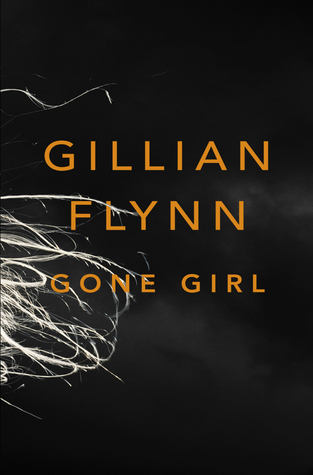
Book Review: Lion by Saroo Brierley
Unless you’ve been living under a rock, you would know the story of Saroo Brierley. At around the age of 6, Saroo accidentally boarded a train and ended up in Calcutta. From living on the streets there, he was eventually adopted out to parents in Australia. However, his memories of his childhood continued to haunt him and as an adult, he set out to find his hometown and family.
In Australia his story was especially well known after a 60 Minutes piece before this memoir, originally titled A Long Way Home, became a best seller. Since, of course, Hollywood have taken his story to the world with the Oscar nominated Lion.
I made both my kids watch Lion, just to show them that me not going through Maccas drive-thru on the way home from school or the internet dropping out aren’t the worst things that could happen to them. As middle class white Australians, they have no concept of what real poverty is and whilst reading this book I acknowledged again the incredible hardships people in some other countries face every day.
In this respect, I think the book is terribly important and powerful and a must-read, especially for young adults. Purely from a literary point of view, however, I found the book quite underwhelming.
To me the writing was pedestrian and quite often boring. I didn’t skim but some sections dragged which, given its short length, was not a good sign. I was shocked to learn afterwards that Brierley used a ghost writer. I’m not sure what he was doing, as apart from the real lack of depth in the prose, I was also a little confused and frustrated with the sequence of the story.
My overall feelings of the book reminded me a lot of my opinion of The Tattooist of Auschwitz. I believe there’s an important message in the book but the execution of the actual writing is lacking.
I would actually recommend anyone interested in the story to just watch the movie. The combination of brilliant cinematography, direction and acting of that production evokes poignancy and sadness in ways the book just doesn’t.
There also is no new or additional information in the book version that makes it vitally important to recommend it over the movie.
5 out of 5 for the movie; 3 out of 5 for this book




